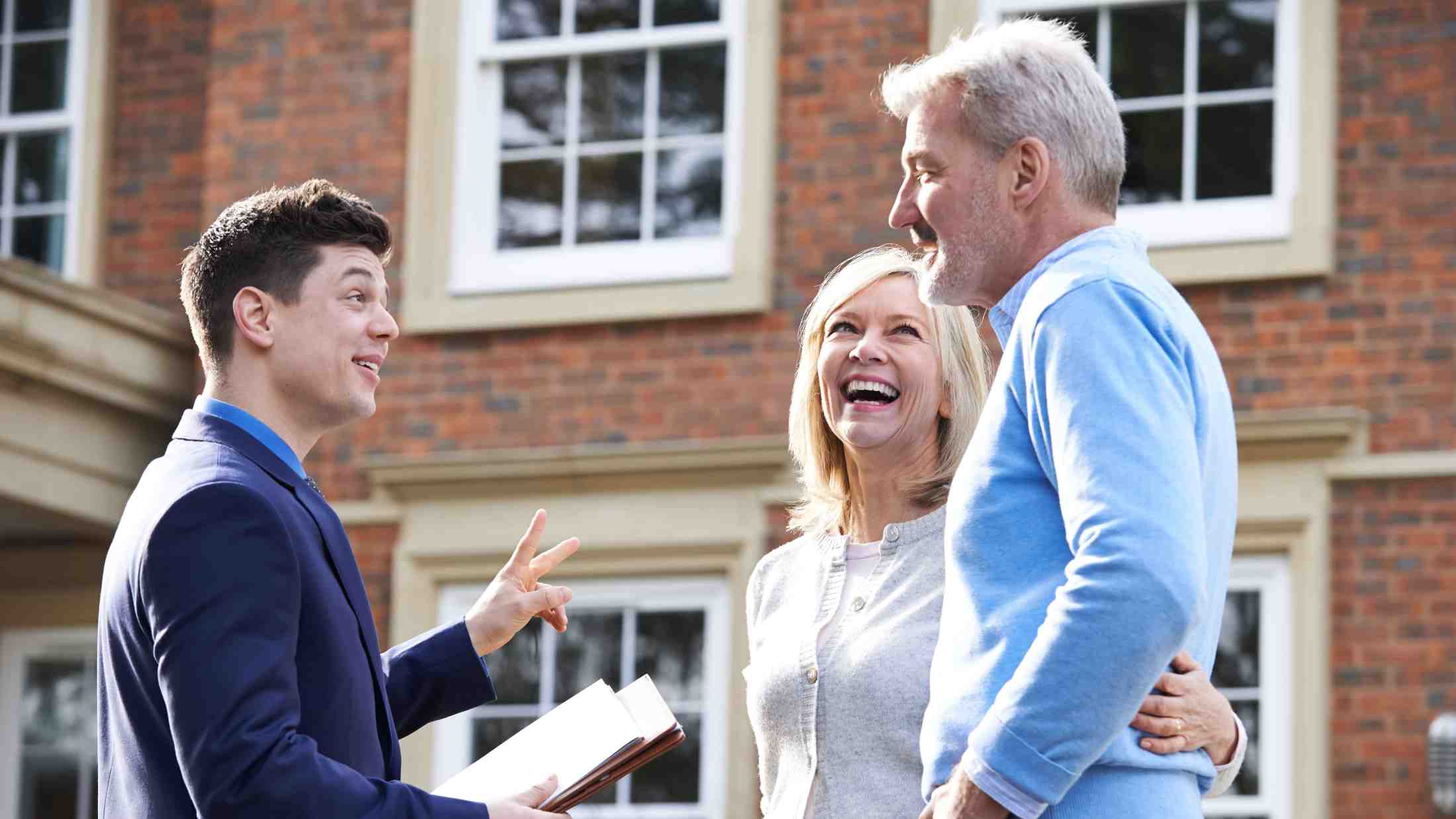You've saved a deposit and you've finally found a house that ticks all of your boxes. Before getting your mortgage, it's worth considering the hidden costs that go with buying a property. You'll need to make sure you have enough money available to cover these expenses, as well as the deposit and your monthly repayments.
Check out our home buyer checklist, so you're new home ready!
- Admin fees
- Homebuyer's survey
- Valuation
- Conveyancing
- Stamp Duty Land Tax (SDLT)
- Insurance
- Repairs, cleaning, and decorating
- Fixtures and fittings
- The cost of moving house
- Post redirection
Admin fees
- Mortgage arrangement fee. Some lenders charge this fee for setting up the mortgage deal, and it can range from £1,000 to £1,500.
- Mortgage indemnity fee. A few lenders still charge this if you have a high loan-to-value ratio – for example, if you're putting down a 10% deposit. This fee covers the cost of their insurance in case you don’t make the repayments on the loan in the future.
- Broker fee. Some mortgage brokers also charge a fee, ranging from a few hundred pounds to 1% of the loan.
- Anti-money laundering checks fee. This is usually done by your solicitor and may be included in the conveyancing quote they’ve given you. It’s sometimes free, but can be up to around £75, depending on your solicitor. Some estate agents may charge this fee, too.
There are other possible fees to consider, which some lenders still charge. This includes a mortgage booking fee (around £100 to £300) and a valuation fee (around £300, but it could be more).
Homebuyer's survey
Getting a professional survey of the property you're buying is recommended before you sign on the dotted line, although it is optional. The survey ranges in price, depending on the level of survey you choose. You can expect to pay from around £400 to £1,500.
Valuation
A valuation is similar to a survey, but much more basic. This is provided by your mortgage lender to ensure that the price of the property isn't grossly inflated, as it's their investment too. Some lenders will provide this for free, but sometimes there's a small fee associated with it (usually under £150).
Conveyancing
This is the legal part of a house sale, transferring the property from the previous owner to you, and should be done by a qualified solicitor. Costs vary based on your property value and location but tend to range from £1,000 to £2,500.
Stamp Duty Land Tax (SDLT)
You'll need to pay stamp duty (tax on buying a property) if you’re buying in England or Northern Ireland, and the house costs over a certain amount. There are different rules for first time buyers compared to people that already own a property, or those who are buying additional properties:
You’ll pay SDLT if:
- You’re not a first time buyer and the property costs more than £125,000.
- You're a first a time buyer and the property costs more than £300,000.
- First time buyers also pay a reduced rate of SDLT if the property costs up to £500,000.
As an example, if you’re a first time buyer and you buy a property for £250,000, you won’t pay any SDLT.
There’s a handy Stamp Duty Land Tax calculator that helps you to work out how much SDLT you’ll need to pay.
If you’re buying a property in Scotland, you will pay Land and Buildings Transaction Tax (LBTT), and in Wales Land Transaction Tax (LTT), instead of Stamp Duty. You can find more information about this on the government website.
Insurance
It's worth considering taking out a life insurance policy with your mortgage, so that your partner or family can deal with your mortgage debt should you pass away. Many mortgage lenders offer it alongside the loan, but you can also buy it from a dedicated insurance provider. A home insurance policy is another important thing to consider, and one you might not have thought about if you've been renting up until now. Although it’s not a legal requirement, many mortgage lenders ask that you have buildings insurance as part of the mortgage agreement.
Repairs, cleaning and decorating
Once you move in, you'll need to spend a bit of money getting your new home how you want it. Changing the locks is always wise, while getting carpets and ovens professionally cleaned helps you to make a fresh start. You'll also want to budget for painting and decorating supplies to get your new home just how you like it.
Fixtures and fittings
From a sofa, to the washing machine, there will be some things that you’ll need to buy for your new home. You can negotiate with the sellers to keep some of their items but, before doing so, look online to make sure they're not asking over the odds. Otherwise, keep some money aside to buy your own. You can sometimes find second-hand pieces on Gumtree, Facebook Marketplace and eBay.
The cost of moving house
If you hire a removal firm, the cost will vary depending on how much you’re moving and how far you’re moving it. Zoopla has a handy guide to give you an idea of what you can expect to pay if you decide to use a professional service. You could do it yourself for the cost of hiring a van or do it in your car for the cost of petrol. Asking your friends or family to help you move could cost as little as a ‘thank you’ takeaway!
Post redirection
Although you've probably been in touch with the companies that send you mail (like those dreaded bills!), accidents do happen. Setting up a mail redirection service with Royal Mail starts at £41.50, and you can redirect your mail for 3, 6 or 12 months.









